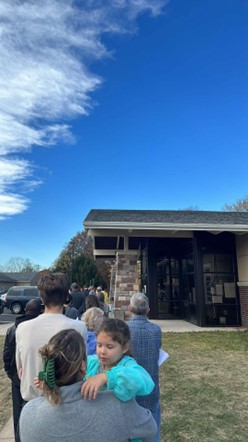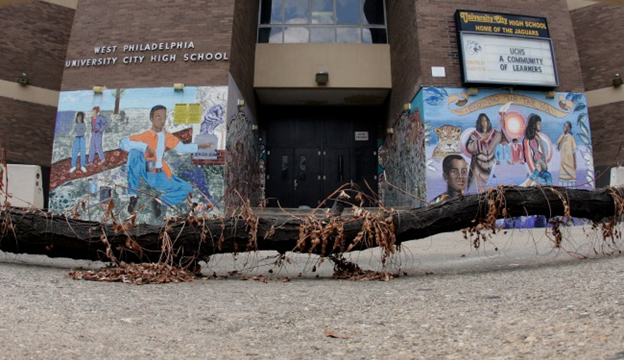In recent years, many cities across the United States have witnessed a disturbing rise in crime rates, creating an atmosphere of fear and insecurity among residents. This increase, particularly in violent crimes such as shootings and assaults, has profound negative effects on communities, undermining public safety and ruining the quality of life for civilians. We must confront this issue head-on, recognizing that rising crime is not just a statistic—it represents a real and pressing threat to everyday citizens.
Opponents might argue that increases in crime are often exaggerated or that they stem from broader societal issues, such as economic inequality, lack of education, or mental health crises. While these factors undoubtedly play a role, they must address the urgent need for effective law enforcement first for the broader problem to be handled correctly.
The statistics are alarming. According to the FBI’s Uniform Crime Reporting data, cities like Chicago and New York have seen significant increases in violent crime, with homicides rising sharply in some neighborhoods. In places like Philadelphia, the crime rates have increased significantly since decades ago. People who lived in Philly as children in the 80s or 90s including Jennifer DiCarlantonio, feel “saddened when we revisit our hometowns where we never worried about crime, but now it surrounds the area constantly.” Such environments breed fear where people hesitate to leave their homes, children are discouraged from playing outside, and local businesses suffer as patrons stay away. This fear can lead to a breakdown in community cohesion as residents become more isolated and distrustful of one another.
A senior at West Chester University, Grace Obarowski, “feels safe because of the constant campus security and police presence around at all times.” Cities prioritizing community engagement have seen a decrease in crime rates despite similar challenges. This demonstrates that proactive measures can yield positive results. To address this issue, a solution is for cities to adopt comprehensive strategies that combine enhanced policing with community-based programs. Investment in social services, mental health support, and youth engagement can help mitigate the root causes of crime while ensuring that law enforcement is effective and fair. By fostering collaboration between police and community organizations, cities can create safer environments where residents feel empowered and protected.
In conclusion, the increase in urban crime is a critical challenge that requires immediate action. By acknowledging the problem and implementing targeted strategies, we can reclaim our cities and safeguard the well-being of all citizens.
Sources:





